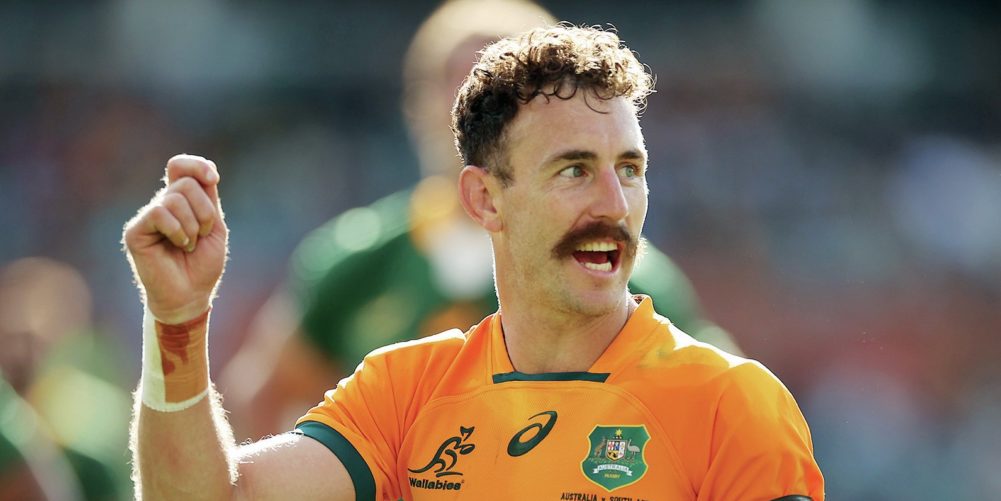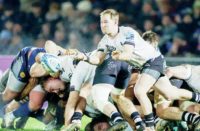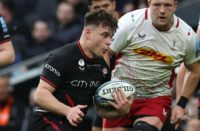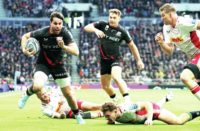A FRONT ROW VIEW OF THE GAME

Here we are at the start of September anticipating what could be the most defining season that the game of rugby in England has ever had.
Unfortunately, though, it may have nothing to do with how the game is played with the head injury crisis coming to the forefront of the game over the next season and a court case that seems imminent, plus the current abundant financial woes of some of the Premiership clubs.
All of this highlights the position of all Unions and clubs in our game.
Oh for the time when the game was played for fun and all clubs were able to rely on enough support from fans and bar takings to fund themselves with a little help from the RFU. Instead now we have a divided game with the RFU desperate to raise enough money to cover its debts and fund what will hopefully be a successful World Cup challenge.
With the biggest purpose-built stadium in the Six Nations (financed and built off the back of the amateur game where all players played for nothing but the glory of the game itself) enabling the RFU to survive and prosper, at least a little, in the first 25 years of the professional game.
However, the last couple of years have brought a reality check that seems to have caught those who control our game unaware, and has seen a rash of ineffectual law changes that don't appear to have helped the situation at all.
World Rugby allowing referees not to enforce the laws as written has hindered and led to a fractured game with the results of the international game now seemingly dependent on which hemisphere the referee hails from.
This was the case with the ‘show boating' by Nic White last week, which led to a yellow card for Faf de Klerk demonstrating how the game is changing with more and more players directly appealing for referees and ‘play acting' to gain penalties.
However, one area that does seem to be heading in the direction of having a positive result, is the research to help find a solution to the terrible head injury crisis we have and how to ‘police' it.
There are now gum shields available that can track the number and power of blows to the head, which in turn could provide a way for a controlled assessment of when a player is fit to return to the pitch.
Believe it or not, gum shields have always had the potential to reduce head impacts but only if a certain type were used.
Many rugby players would invest in the ‘boil in the bag' type of gum shield that only provided a minimal protection to your teeth let alone your head. A few would opt for the dentist made type that would cost a lot more and were lined with an impact absorbing substance to give extra protection to your teeth and jaw.
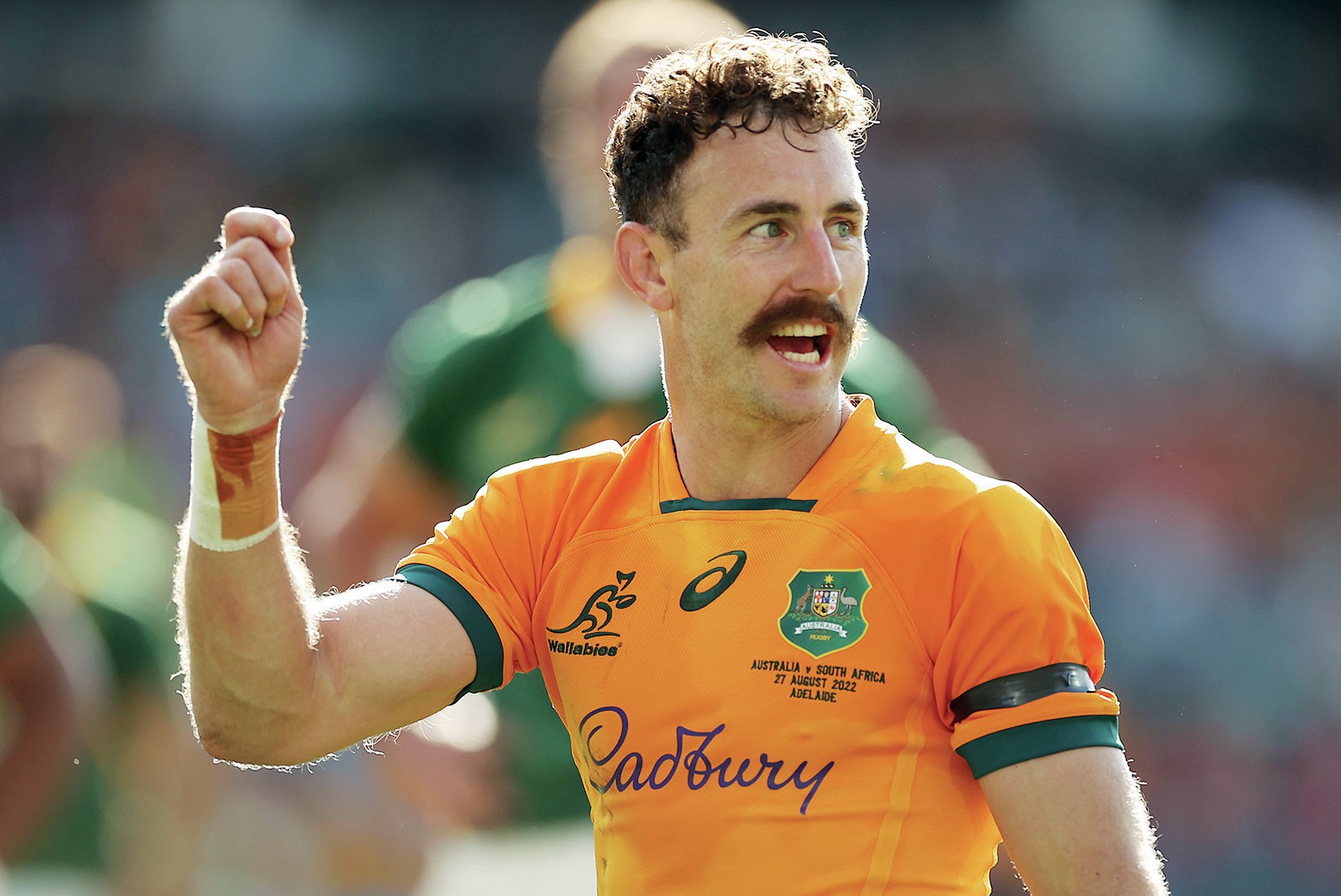
There is however, a gum shield that is used by professional boxers which is known to help reduce the risks of concussion while offering better protection to teeth and has been around for a number of years.
In fact, when my team-mate Micky Skinner, below, mistimed a tackle on Tony Underwood in a divisional game and hit me straight in the face and I removed my ‘boil in the bag' gum shield to find a tooth sitting in it, after which the RFU very kindly paid for me to have a bridge fitted. After the bridge was fitted my dentist recommended making a special gum shield that would protect everything and was made from a special material, Molloplast B, that was soft, jelly like substance but tough enough to withstand the hardest blow.
The only issue with these gum shields was that they deteriorated within a few months of use so I needed to have a constant supply with up to three per season. Fortunately for me the RFU agreed to pay for these relatively expensive gum shields to protect the investment they had made in my teeth.
As a result, I never had another mouth injury and only suffered a single concussion, which was in 1989 when Ireland prop Jimmy McCoy converted my head instead of the ball as he tried to kick it down field.
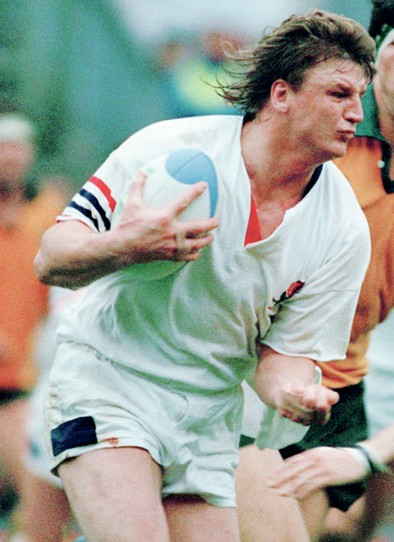
At the moment it's business as usual with everyone preparing for the long season ahead with a World Cup at the end and hopefully rugby making good, positive headlines.
However, should World Rugby and its various Unions be found directly culpable for those players who have unfortunately suffered serious long term brain injuries, the likelihood is that it's going to cost the game millions of pounds.
However, the result of any large scale long term payment commitment will effectively force Unions to reduce payments to clubs and players in order to fund their current and future debts.
In England, this will impact all levels of the club game, particularly those who currently rely on the Unions through funding for player release; EQP and other payments related to the international game that help fund their professional existence. Add in the 30 per cent profit loss (probably from TV revenues) that will be paid to CVC, and it may not just be Worcester and Wasps that are struggling to see a way forward.

